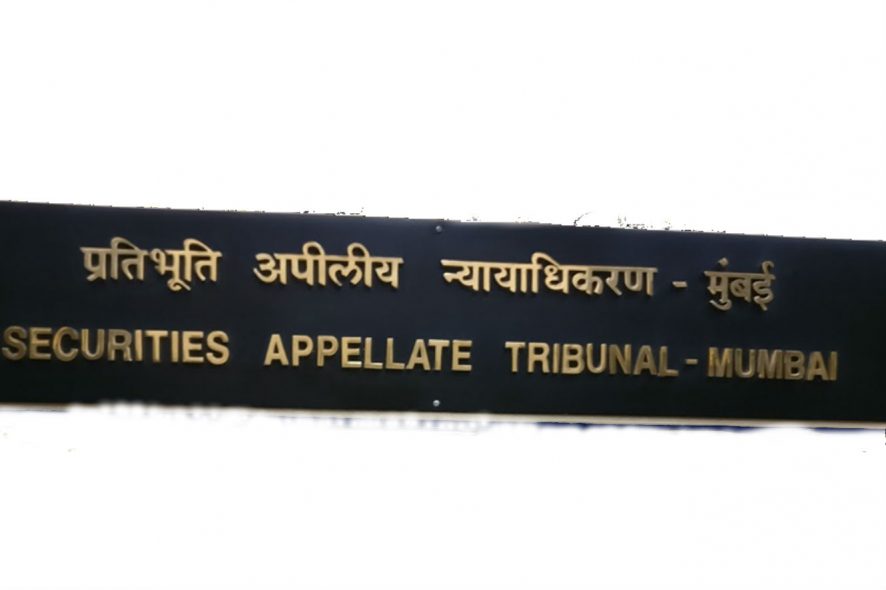Securities Appellate Tribunal (SAT): Coram of Justice Tarun Agarwala (Presiding Officer), Dr C. K. G. Nair (Member), and Justice M. T. Joshi (Judicial Member) partly allowed an appeal for condoning the delay in making disclosures under the Securities and Exchange Board of India (Prohibition of Insider Trading) Regulations, 1992(hereinafter referred to as ‘PIT Regulations’) and Securities and Exchange Board of India (Substantial Acquisition of Shares and Takeovers) Regulations, 2011 (hereinafter referred to as ‘SAST Regulations’).
Appellants were married to each other and were former promoters of Glodyne Technoserve Ltd. They took loans from banks and financial institutions by pledging their shareholdings in Glodyne to fund their business. They gave the power of attorney to these institutions to fund their business. The appellants claim that the lenders invoked the pledge and sold their shares without prior intimation. Following this, the appellants belatedly made disclosures under the PIT and SAST Regulations.
The Adjudicating Officer (AO) issued a show-cause notice post five years under Section 15A(b) of the SEBI Act, 1992 alleging that the appellants failed to make the disclosures within the stipulated period prescribed under the PIT and SAST Regulations. The appellants argued that disclosures were belatedly made by them as they were unaware of the sale of its shares made by the lenders and hence the delay must be condoned. The AO after hearing passed the impugned order imposing a penalty of Rs 40 lakhs upon the appellants to be paid jointly and severally.
As per the appellants contended that the said penalty was harsh and did not commensurate with the alleged violations if any; they were merely technical in nature and no fraud or mischief or loss was caused to any investors.
The Tribunal held that, “The appellants were duty-bound to make the necessary disclosures within the stipulated period under the PIT and SAST regulations. Non-disclosures within the stipulated period violated the provisions of the aforesaid regulations and, consequently, the penalty became leviable. Thus, to that extent, the order of the AO holding the appellants guilty of violating the provisions of the PIT and SAST Regulations cannot be faulted and is upheld.”
At the same time, the Tribunal also considered Section 15-J of the SEBI Act, where they found that no disproportionate gain or unfair advantage gained by the appellants as a result of the default. But, considering that the company has now been wound up and in the larger interest of justice, the quantum of penalty was reduced from Rs 40 lacks to Rs 30 lacks. Therefore, the appeal was partly allowed. [Annand Sarnaaik v. Securities & Exchange Board of India, 2019 SCC OnLine SAT 78, decided on 23-07-2019]








A Best online software for judgments